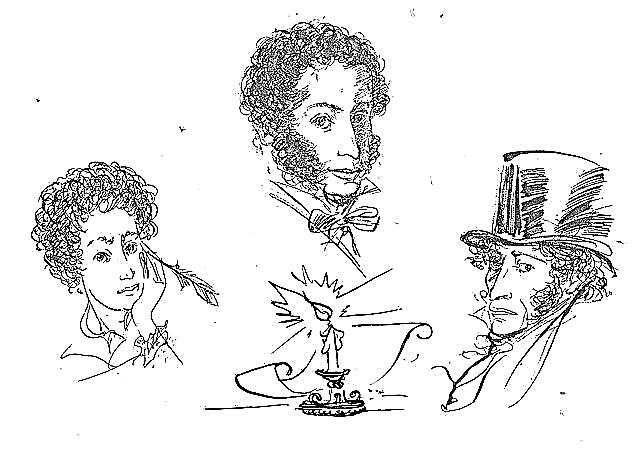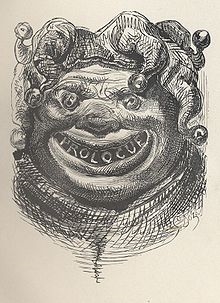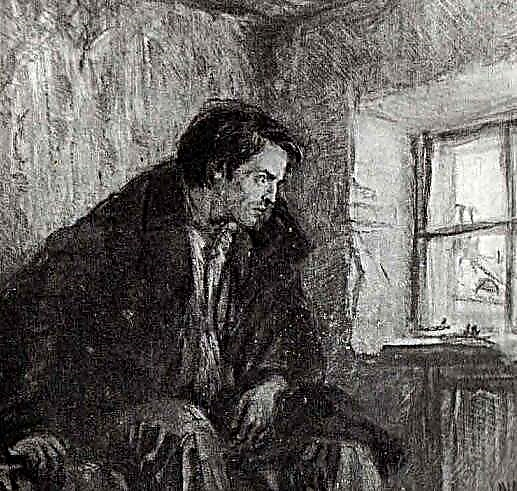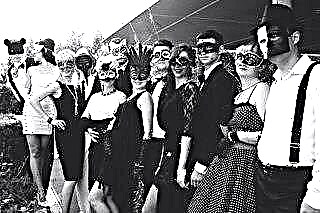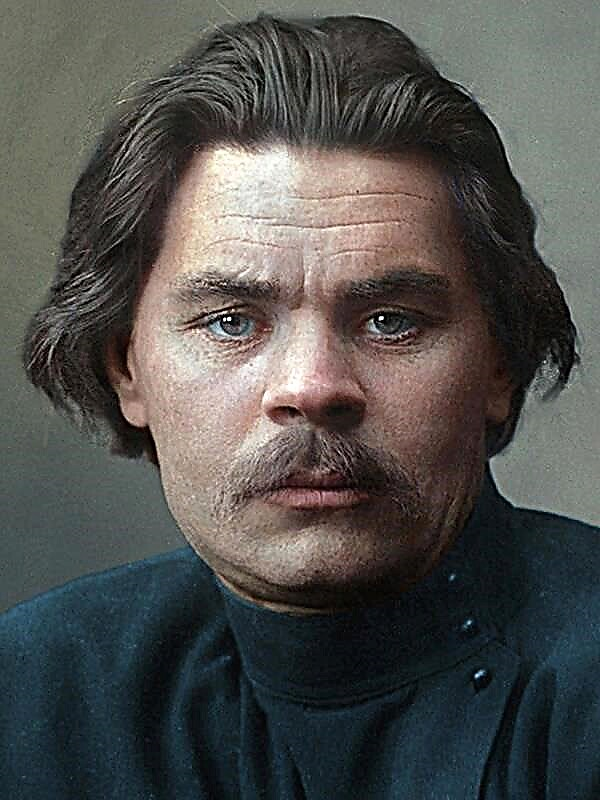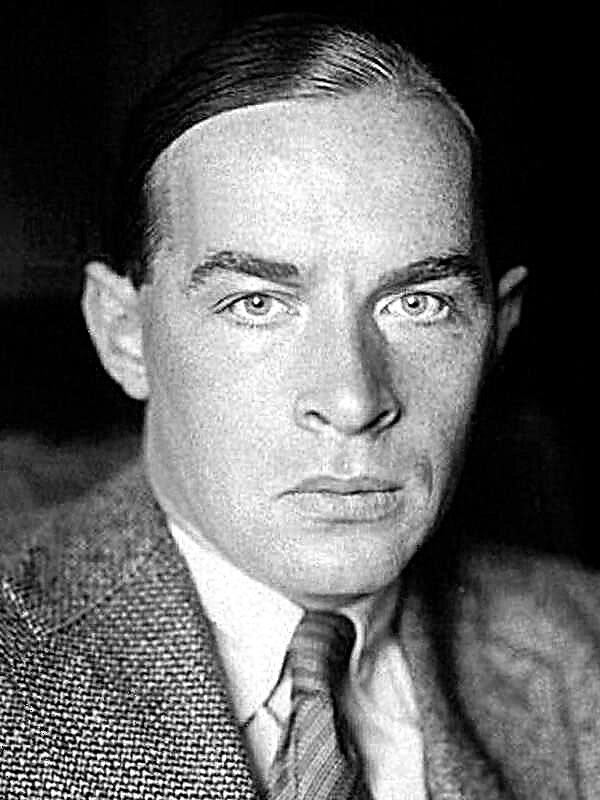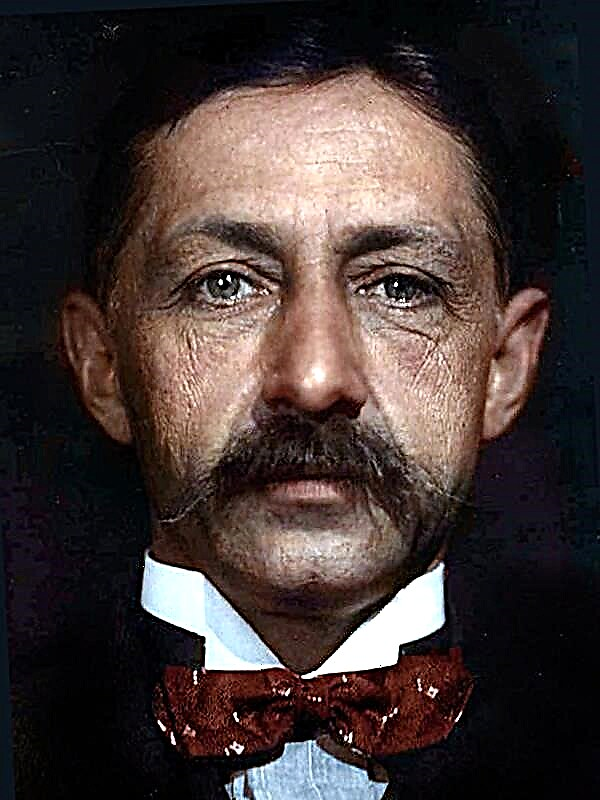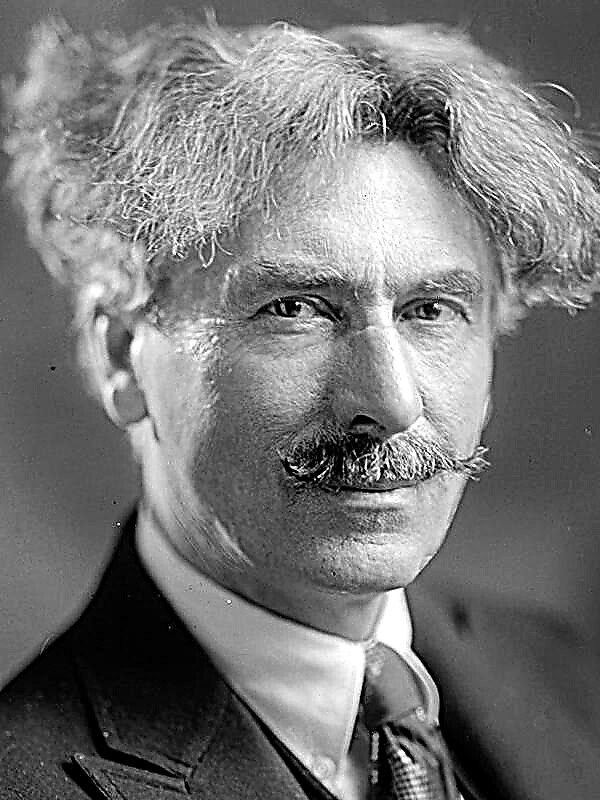Turgenev is known for his instructive tales of love, family and friendship, but few know that the writer also wrote fairy tales. The author got along well with the children, they, in turn, answered the same thing, constantly sat on his lap, tugging at his hair, but most of all they liked to listen to his stories. Typically, the writer told them lying on a large couch. Ivan Sergeyevich also planned to publish his collection of children's fairy tales, but, unfortunately, he did not succeed in implementing his plan.
- "A drop of life." This fairy tale is quite small in size, but quite interesting and pleasant. In it, Ivan Sergeyevich talks about a little boy whose parents were seriously ill, but he was lucky to learn about a drop of life, which would not only heal everyone around him, but also reveal to him the secrets of life. The hero was not afraid of terrible monsters and still was able to drink this drop to help the family. The courage of the child is amazing, not everyone will decide on this. And, in the end, his courage will pay off for him. In the future, he will become rich and famous. Moral: to help relatives, it’s worth the risk. Read the work itself ...
- "Silver Bird and the Yellow Frog." This tale cannot but touch your heart with its sincerity. In this story, the story is about one special frog, which differed from others in its color. She was yellow. Green frogs refused to be friends with her, because she was different from them, but, in the end, she found a friend in the face of a heron. The moral of the tale is that the difference between people is not bad, but in the order of things, and one should not despise a person because he is not like the others. That there will always be someone who will accept you as you are, there will be someone who loves your features. Read the work itself ...
- "Self-knowledge". This story is about a boy who lied a lot and always told everyone that he is the smartest in the world. He knows everything. Once he was told that the river is very deep, do not go there, to which the self-knowing person said that he already knows this, fell into the water and drowned. At the end of the story, Ivan Sergeyevich Turgenev leads us to the fact that it is better to say that you don’t know something than to boast unreasonably. Read the work itself ...
- Stepovik. The work is written in French, not finished. It is very sad that this story is not finished, because it is very interesting to know what happened next. The tale speaks of a man who once met a little man in the steppe, who was all made of twigs and grass. The narrative breaks off at the moment the traveler and this creature meet. Read the work itself ...
Turgenev wrote only four tales, but he also translated the tales of Charles Perrault. Even Ivan Sergeyevich created several operettas, which were put on the writer's private villa. Each of them has a fabulous motive.
- "The Last Sorcerer." The premiere took place in early August 1867. Unfortunately, very few copies of this operetta have been preserved. But those who had the opportunity to hear her said that she was beautifully written, and the desire to see her on a large stage increased as the number of invitations decreased. It is rather difficult to find something specific about the plot of the operetta. The only thing that is known for sure is that it was written about elves and fairy creatures. More about operetta
- "The Eater." Released in May 1968. The plot is similar to The Last Sorcerer. A magician with the help of magic holds a young girl captive. But later, the prince takes the magic staff from him and rescues the lady and other captives, taking the cannibal hostage. The plot was finalized from performance to performance.



